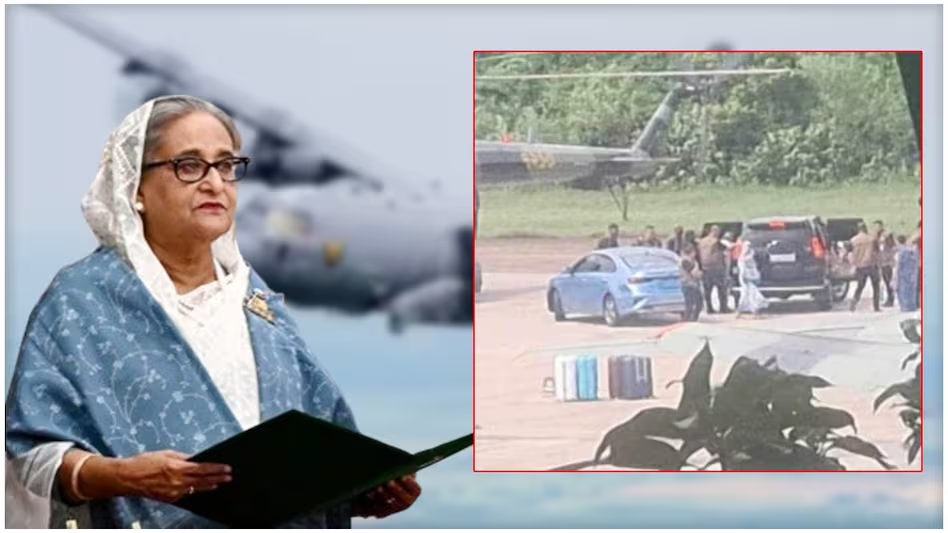
Sheikh Hasina leaves Dhaka
Bangladesh’s political landscape has been marked by the long-standing leadership of Prime Minister Sheikh Hasina. However, the influence of foreign powers on Bangladesh’s internal politics remains a sensitive and complex issue. The possibility of a foreign-backed overthrow of Sheikh Hasina’s government has been a topic of speculation and concern among political analysts and citizens alike.
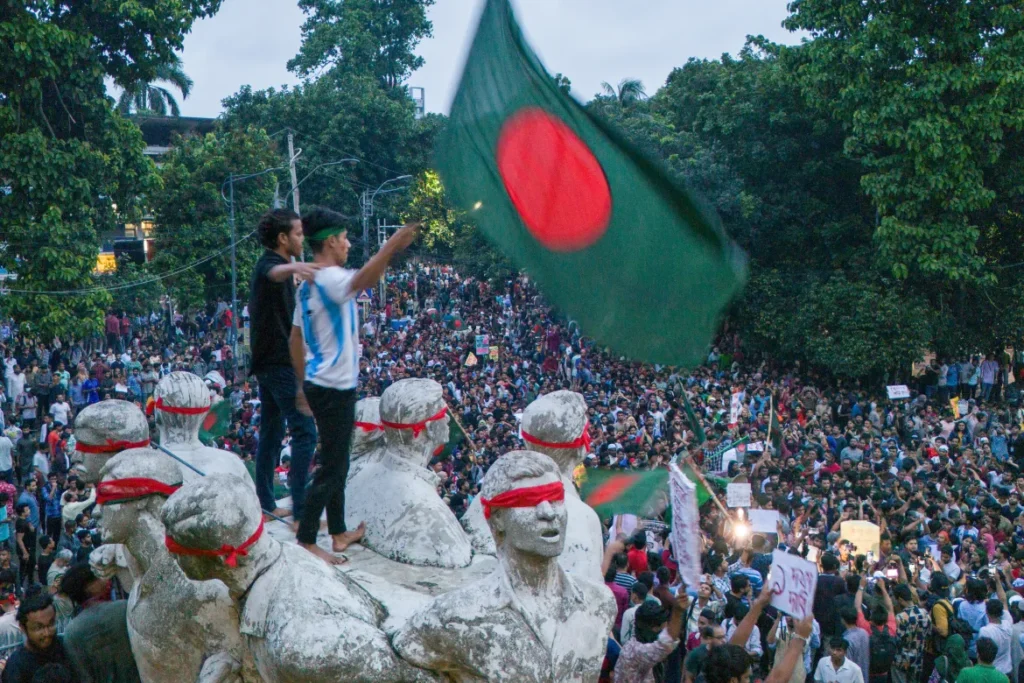
Sheikh Hasina, who has been in power since 2009, leads the Awami League, one of Bangladesh’s major political parties. Her tenure has seen significant economic growth and infrastructural development, but also accusations of authoritarianism, human rights abuses, and the suppression of political opposition. These concerns have led to a polarized political environment, with her supporters praising her for stability and progress, while critics argue that her government stifles democratic freedoms.
In this context, the role of foreign powers becomes particularly significant. Bangladesh’s strategic location and economic potential make it an area of interest for regional and global players, including India, China, the United States, and others. These countries have their own interests in the region, ranging from economic investments to geopolitical strategies.
The idea of foreign powers influencing or even orchestrating a change in government in Bangladesh is not without precedent. Throughout history, global powers have been known to support or oppose political leaders in various countries based on their interests. In the case of Bangladesh, such interference could stem from disagreements over trade deals, geopolitical alignments, or concerns over human rights and democratic governance.
The speculation of a foreign-backed overthrow of Sheikh Hasina’s government remains just that—speculation. However, it underscores the complex interplay of domestic politics and international relations in Bangladesh. While the country’s leadership navigates these waters, the role of foreign powers will likely continue to be a crucial factor in shaping its future political landscape.



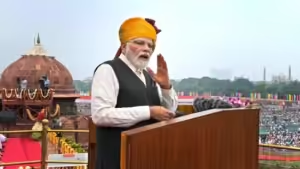
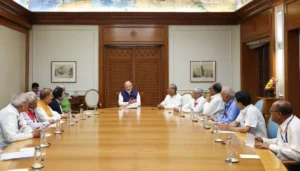
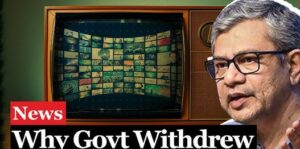
1 thought on “Who ARE ‘Foreign Hands’ Behind Sheikh Hasina’s Departure”